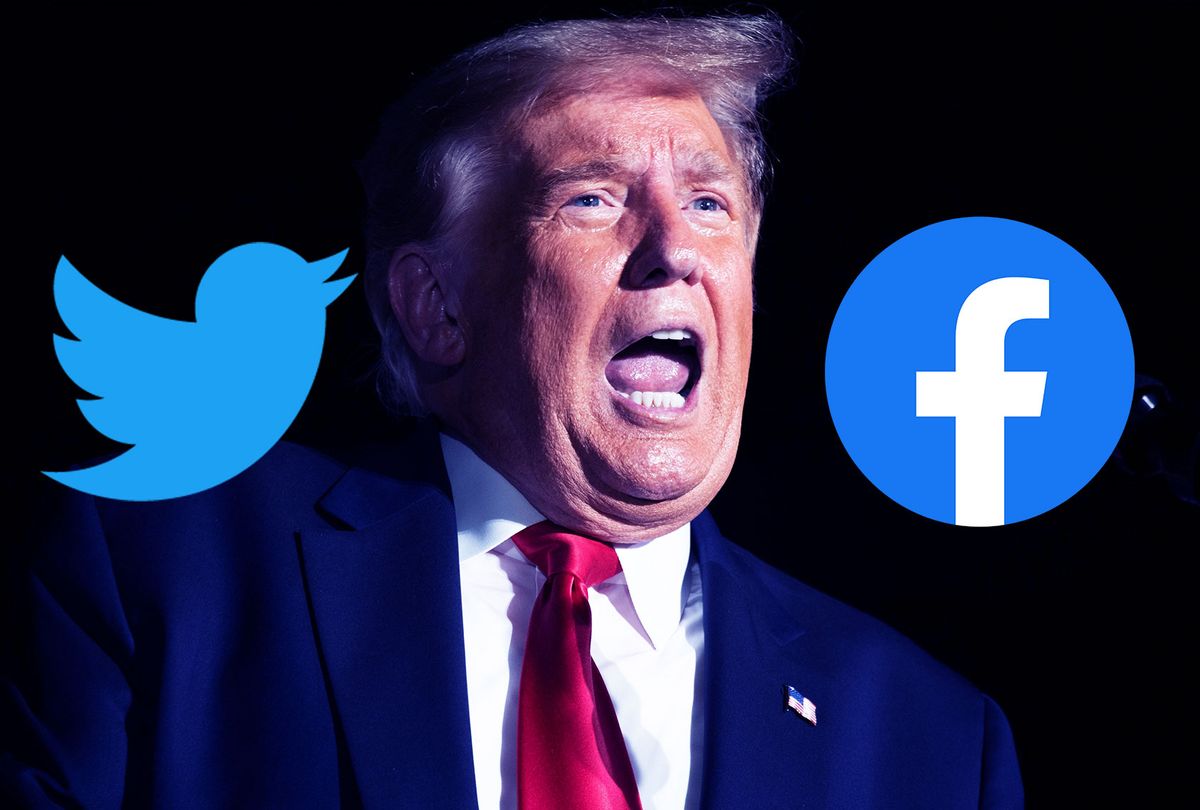Democrats and Republicans in Congress demonstrated a rare moment of bipartisan unity only weeks before the 2020 presidential election. The House Judiciary Committee was holding a hearing on whether Big Tech corporations like Facebook and Twitter should be broken up. While many of the witnesses discussed antitrust law and other regulatory issues, Rep. Jim Jordan (R-Ohio) made it obvious that he had a whole different agenda.

Jordan declared, “Big Tech is trying to get conservatives.” “That is not a rumour. That isn’t a wild guess. It’s a proven fact. That was something I said at our last hearing two months ago. It still holds true today.”Jordan’s so-called “fact,” however, appears to be far from the truth, according to a new study. The algorithm users are forced to work with amplifies conservative media voices, not liberal ones, at least when it comes to one major social media network.
The Mavic 3 and Mavic 3 Cine are two new drones from DJI. We’ll be focusing on the $4,999 Mavic 3 Cine in this video, and there will be a lot of pixel peeping. Although the drone produces excellent image quality, ProRes video may not be necessary for everyone.
The authors of “Algorithmic amplification of politics on Twitter,” which was published in the journal Proceedings of the National Academy of Sciences (PNAS), say they conducted a “massive-scale experiment involving millions of Twitter users, a fine-grained analysis of political parties in seven countries, and 6.2 million news articles shared in the United States.” A member of Twitter’s Machine Learning Ethics, Transparency, and Accountability Team co-authored the work with researchers from the University of Cambridge, University College London, and the University of California, Berkeley.
The results are divided into two categories. One section, which focused on the United States, looked at whether big media outlets with strong political leanings were more likely to be magnified by Twitter’s algorithm. (It didn’t matter what philosophy you held.) The study’s other section examined tweets from seven different countries, focusing on those posted by elected leaders from major political parties. Despite concerns that extremists will gain disproportionately from social media platform algorithms, the researchers found no indication that Twitter’s algorithm amplifies extremist views more than mainstream viewpoints. They did, however, see a telling pattern in how different types of media material performed on the platform.
“Our findings reveal a strikingly constant trend: the mainstream political right enjoys higher algorithmic amplification than the mainstream political left in six out of seven nations analysed,” the authors write. “Our second set of findings, which looked at the US media environment, indicated that algorithmic amplification favored right-leaning news sources, which is consistent with the general trend.”












